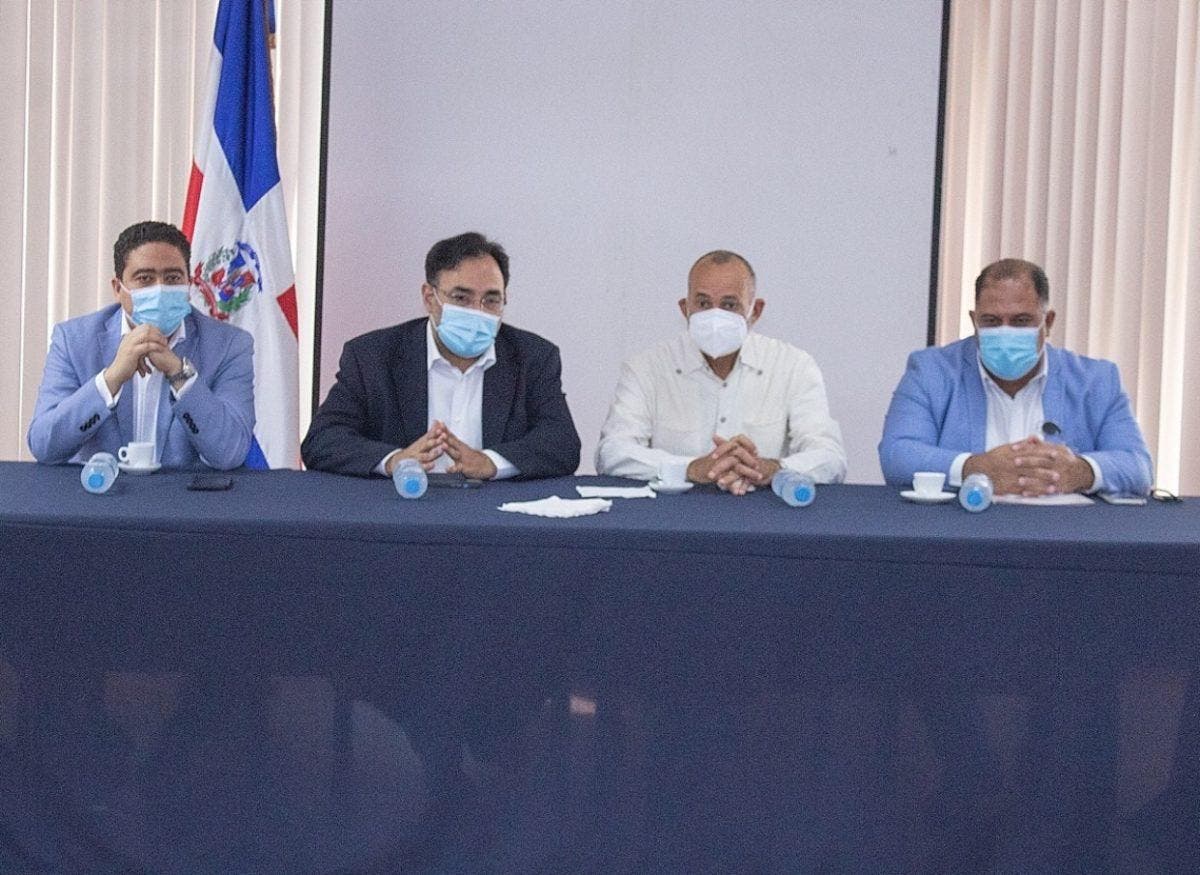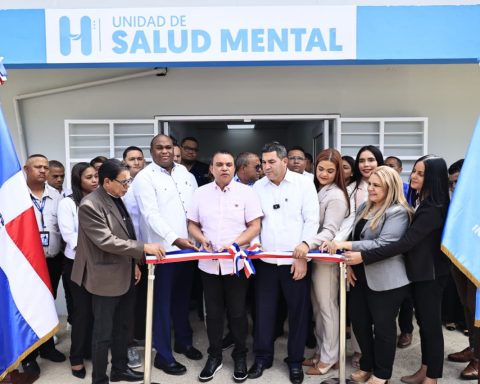The school breakfast has become a business opportunity for many small and medium entrepreneursbut there have been difficulties in the purchase processesIt is that they have become an obstacle for that opportunity to be well taken advantage of.
To overcome these obstacles, the Dominican Confederation of Micro, Small and Medium Enterprises (Codopyme) and the new directive at the head of the National Institute of Student Welfare (Inabie)left a technical table formed last Wednesday, in which they delimited the general actions to be followed for the presentation of proposals in search of guaranteeing transparency and efficiency in processes with suppliers.
The president of Codopyme, louis miuracongratulated Inabie’s initiative in participating in the meeting, where those present presented the possible guidelines to consider for transparency in the bidding processes, the strengthening of specifications and technical sheetsas well as to guarantee compliance with the law in adjudications.
Competition launched for the recovery of the tourism sector in the DR
“We want to find solutions that can be applied to strengthen the tenders,” he said.
At the meeting, it was agreed to create technical sub-tables to deal with the specific items of the tenders and the cases of each sector in terms of textiles, footwear and solid and liquid foods.
On his side, the executive director of Inabie, Victor Castroexpressed his gratitude for the confidence shown by those present and assured that the doors of the institution are open to listen to the concerns of suppliers who want to approach them in search of information on the daily activities of the institution.
“Suppliers are a fundamental part of Inabie, that is why we have had the initiative to listen to them so that we work transparently for the well-being of students,” he stressed.
frequent complaints
The non-payment and other irregularities In relation to the bidding processes, these are some of the complaints that Inabie suppliers have been denouncing for years.
On Wednesday, that entity began with payment of 20% of the advance to the school lunch suppliers, who paralyzed their services.
The payment is part of a commitment assumed by the new management.
















